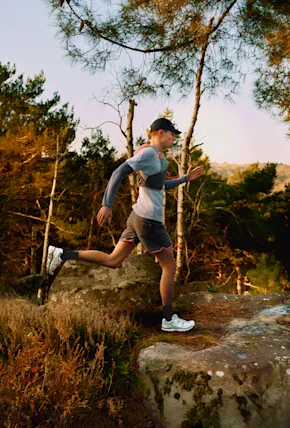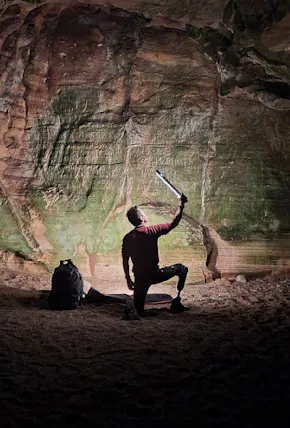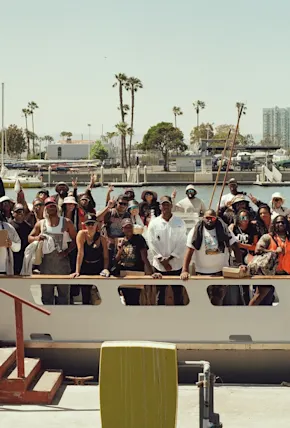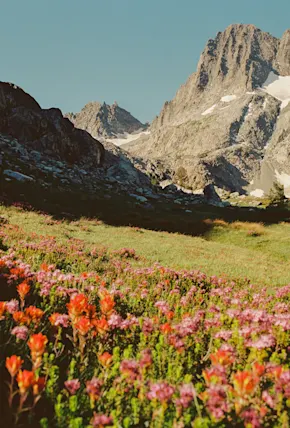This interview kicks off an ongoing Q&A series highlighting prominant Black voices in the outdoors. Find more BIPOC outdoorists to follow and support here.
From an early age, Ron Griswell had exhibited a natural curiosity for the vast landscapes that lay just off in the distance. By the onset of his undergraduate studies, the call of the mountains would become too great for him to ignore any longer. In 2013, a swift decision to temporarily leave school and set off on a new adventure would forever alter the course of his life.
Now 29, the North Carolina-born explorer has demonstrated himself as a trailblazer in the outdoor industry. Over the past five years, he has completed internships and leadership programs, advocated for public lands, and teamed up with popular brands like Teva and BioLite on campaigns. These days, he can be found on social media feeds directing monthly digital content for Backcountry and inspiring others to embark on their own wild expeditions.
Throughout Griswell’s career thus far, one thing that has remained clearly visible is his positioning as one of the only persons of color in the room. This recognition propelled him to launch his own initiative, known as HBCUs Outside, in an effort to connect outdoor brands and agencies with predominantly Black institutions and their students, which recruitment efforts often fail to reach.
I recently had the chance to catch up with Ron—an old friend of mine—about his introduction to the outdoor industry, his thoughts on the recent push for more diverse voices within the community, as well as his devotion to providing more resources specifically to Black and Brown communities.













